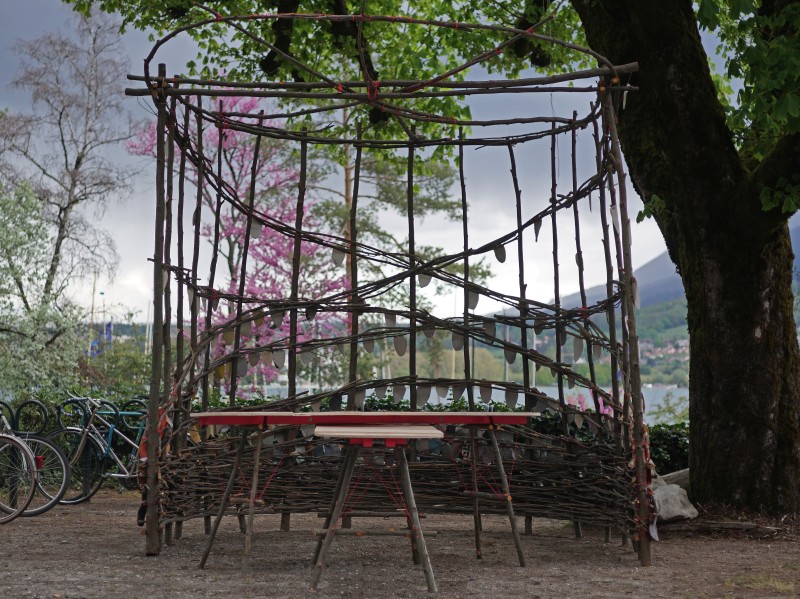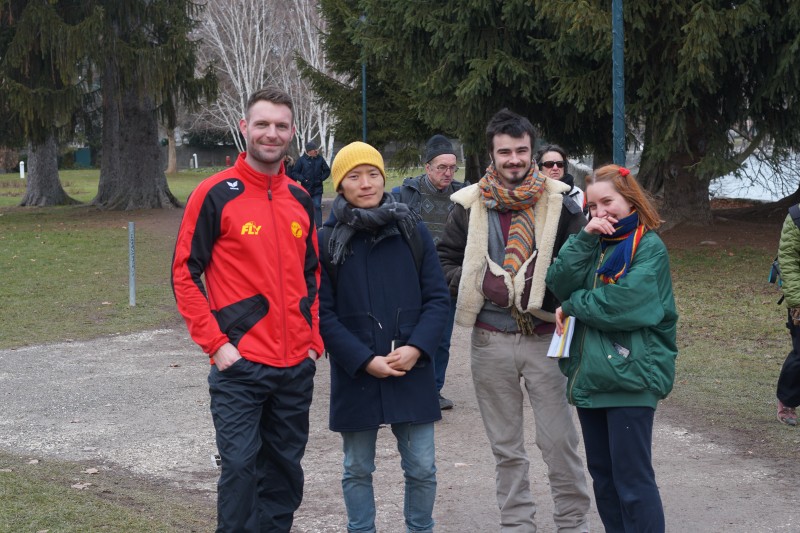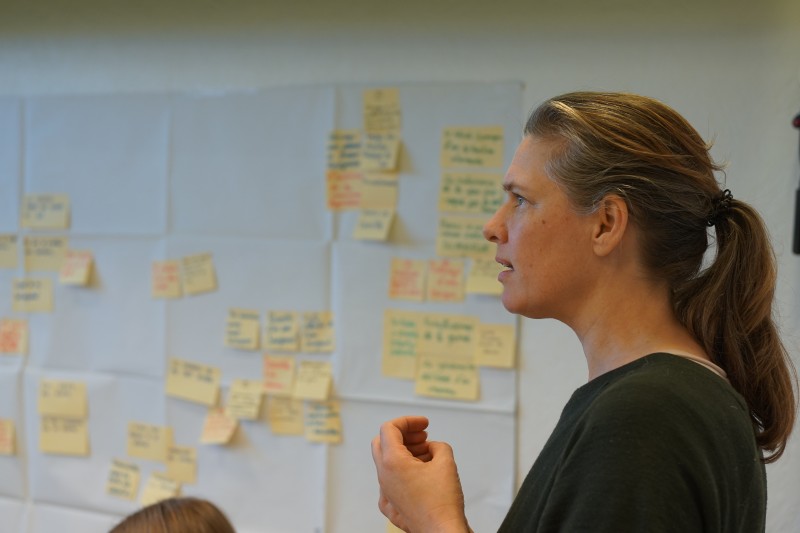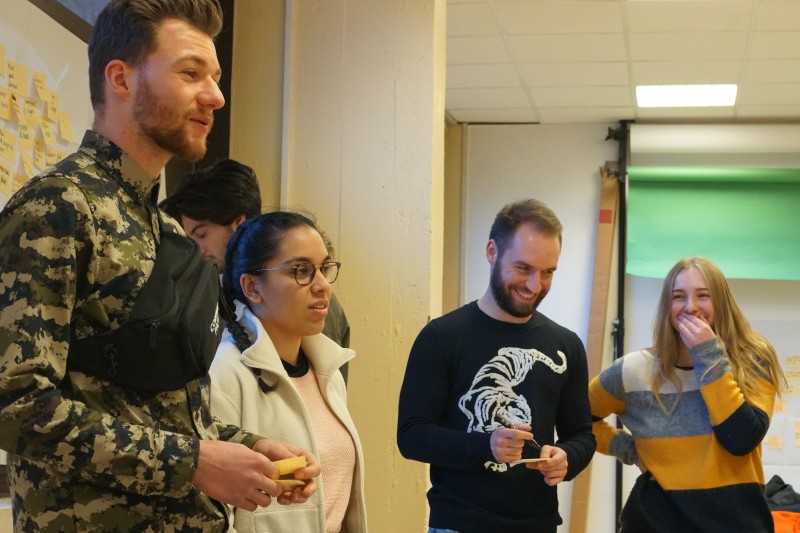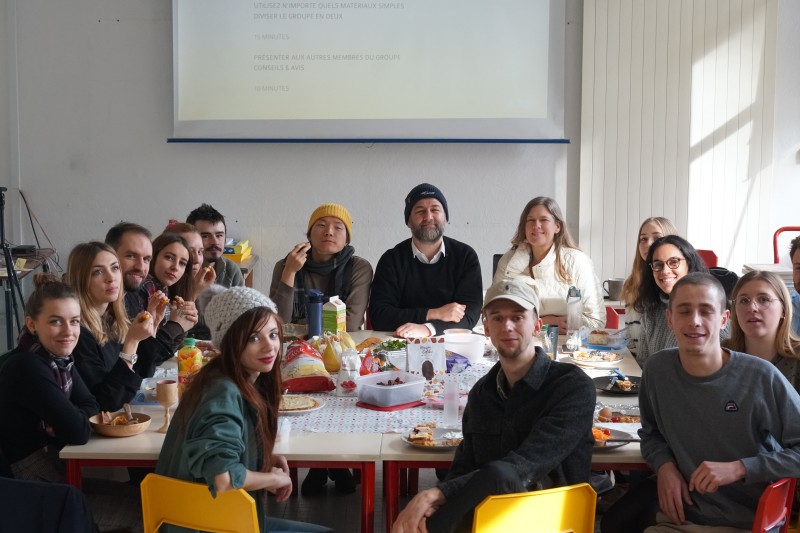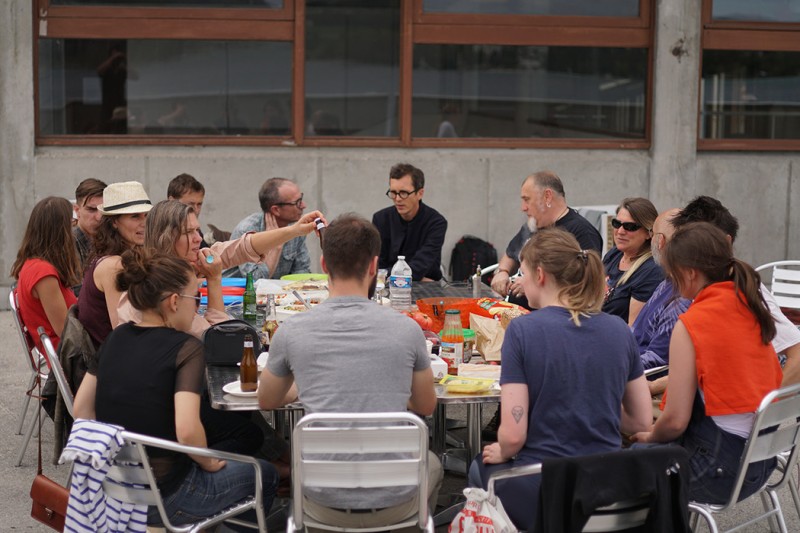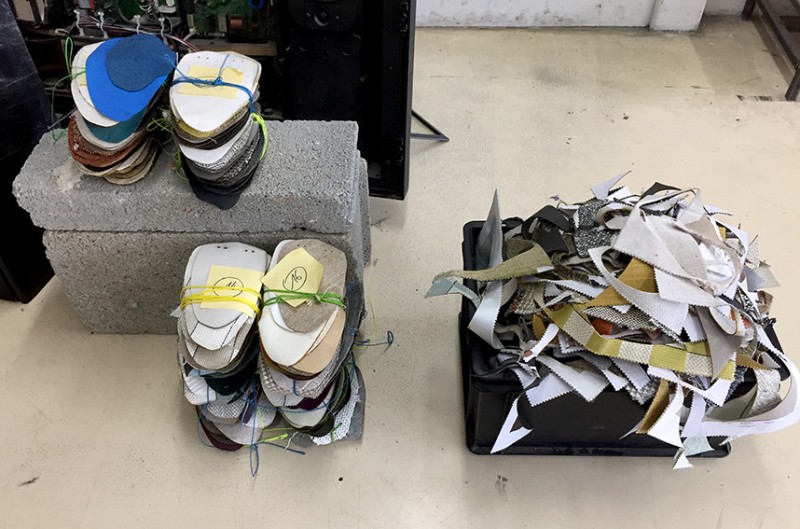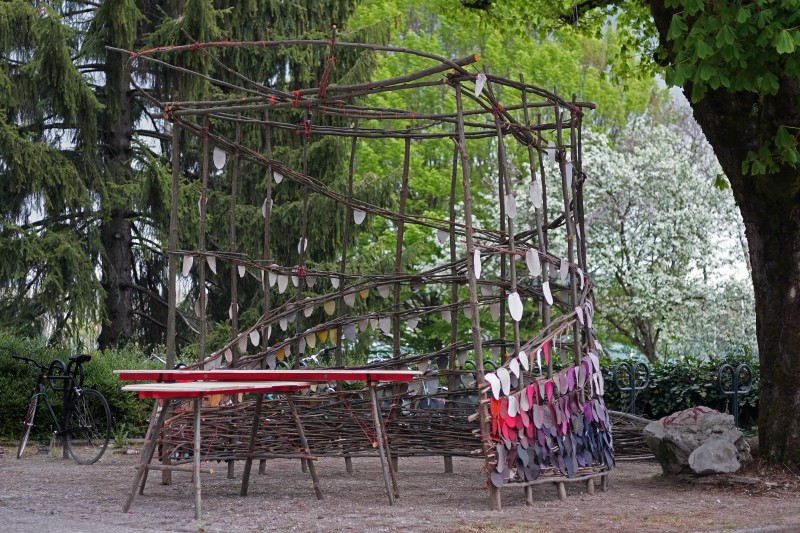Alibi
2019
The Alibi is a vegetal kiosk, an alibi for meeting and sharing the essential know-how we need to succeed the ecological transition. The Alibi invites us to teach or (re)learn sustainable gestures and techniques; to repair an object to make it last or to share a technique that the industrial age made obsolete, but is essential in our time to define a new modernity.
The project was was carried out at ESAAA during the spring of 2019. The Alibi installation was activated at Annecy Paysages 2019 by the makers collective Ecrevis creating an (open source planning of the sessions for transmitting essential knowledges.
Terrestrial human activity is accelerating disproportionately to available resources. We arrive at a pivotal and critical moment for the survival of the human species, and have three years to rethink all our uses and our eco-systems, to re-calibrate them with a degree of urgency similar to that of a world war. Without this, and according to James Anderson of the Climatology-Atmospheric Chemistry Department of Harvard (USA) in an interview published in the spring of 2018, human extinction will begin. A real decrease is therefore imperative, a new ecology of the human environment, as approached by the Oslo Architecture Triennale 2019.
Since 2017, the independent design studio Ralston Bau has committed to creating a design idealistic to decode the complexity of our world and connect people and shared spaces. Practicing transformative design, Ralston Bau takes ideas to action and complex questions to the essential object. The ideal territory is an immersion: a collective exploration in your context, school, city. The challenge is clearly to transform and (re) enchant our society without delay so that it is regenerating. We thus immersed ourselves collectively and individually in shared local spaces, met people we learn through empathic observations and interviews. In this urgent need for change, the solution lies in circular principles: we need to rethink everything for short cycles and networks that have little impact. We shared, visualised and tested these reflections via installation, proposals of tangible and activable uses: the Ideal Territories.
In the territory of the Annecy municipality, the second and third year bachelor students in design interviewed citizens and asked for stories about random encounters, and how do they relate to unexpected meetings in the common space. We discovered that citizens had great interest in helping others and living more sustainably, but sometimes lacked the know-how to be able to do so. Insights from the people we met inspired several scenarios of how people can share essential knowledge in public space.
Alibi is a room to share knowledge in the urban space. The installation is composed of a kiosk in weaved hazelnut, two wooden tables from leftovers and plantbags made out of a used parachute. All junctions are fastened with cords from the same parachute, to avoid using glue and nails. Alibi reuses materials, both natural and technical nutriments from regional forests and industries, that otherwise would go unused and employs craft techniques belonging to the Alpine region, such as basketry and climbers knots.
Makers: Dominique Morand, Architect, Marseille, France, Heidi Malivin, Margaux Stievenart, Constantin Rouget as students, Annecy, France.
Silje Tombre, Lina Haveland as UiB students KMD Institute of Design, Bergen, Norway.
In collaboration with the MAGASIN des Horizons Grenoble, the installation was carried out within the ESAAA, in spring 2019. L'Alibi de rencontre exhibited at the Annecy Art Biennial.
